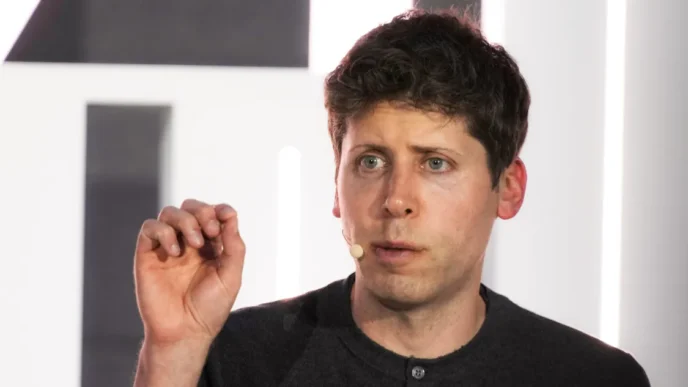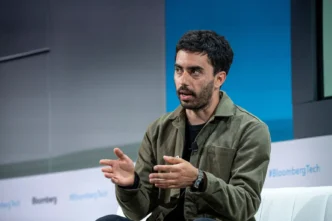In a bold move to reclaim digital competitiveness, the European Commission has pledged €1.3 billion ($1.4 billion) between 2025 and 2027 to accelerate development in artificial intelligence, cybersecurity, cloud computing, and digital skills. Announced on Friday, the investment is part of the EU’s broader Digital Europe Programme, a strategic push to shrink the widening tech gap with the U.S. and other global leaders.
This targeted initiative signals the EU’s most focused digital funding to date—and comes at a time when nations are scrambling to secure AI dominance. The timing also follows France’s recent reveal of a $112 billion AI plan, largely viewed as a counter to the U.S. Department of Defense’s Stargate project, underlining the growing intensity of the global AI race.
Strategic Investment to Secure EU Tech Sovereignty
The European Commission emphasized that this funding will support high-impact technologies deemed essential to the bloc’s future and digital independence. From deploying practical AI tools in business and public sectors to reinforcing cybersecurity and expanding data infrastructure, the focus is clear: results, not just research.
Henna Virkkunen, the Commission’s digital chief, highlighted that digital sovereignty hinges on empowering people and industries with advanced technologies and the right skills. “Securing European tech sovereignty starts with investing in advanced technologies and in making it possible for people to improve their digital competencies,” she said.
Expanding Digital Access: From Healthcare AI to Education
This next phase of the Digital Europe work program isn’t just about high-level R&D. It’s rooted in real-world applications. The EU plans to scale access to generative AI in healthcare, reinforce its network of Digital Innovation Hubs, and advance projects like Destination Earth, which models climate and disaster risks using supercomputing and AI.
Additional funding will also go to public services, educational institutions, and the EU’s Digital Identity Wallet, a project aimed at enhancing secure digital interactions across member states.
Focus on Talent and Cloud Infrastructure
Beyond AI tools and security, the EU is also looking to build a stronger digital talent pipeline. The initiative will fund digital skills training and support cloud infrastructure that enables data-driven services across borders.
The Commission says these efforts will help businesses of all sizes—not just large enterprises—leverage the next generation of digital tools. “With the opportunities under the Digital Europe Programme, we are ensuring that new technologies – and with them new potential – reach European citizens, businesses and public administrations,” Virkkunen noted.
Building on Momentum from the EU AI Act
This funding surge builds on the momentum of last year’s landmark EU AI Act, the world’s first comprehensive AI legislation. Unanimously adopted by all 27 member states, the regulation outlines strict rules on AI development and deployment, placing the EU at the forefront of ethical AI governance.
By combining regulatory clarity with targeted investment, the EU is betting that a structured, values-driven approach to digital transformation can be a competitive advantage.
Is It Enough to Bridge the Gap?
Despite these ambitious plans, a key question remains: can Europe close the digital divide with the U.S.? While the new funding marks progress, it still lags behind the billions poured into AI and tech by American venture capital and government programs.
Still, this move makes one thing clear—the EU is no longer content to play catch-up. With concrete funding, a strong regulatory framework, and a growing ecosystem of innovation hubs, the bloc is positioning itself to reclaim ground in the global tech race.













